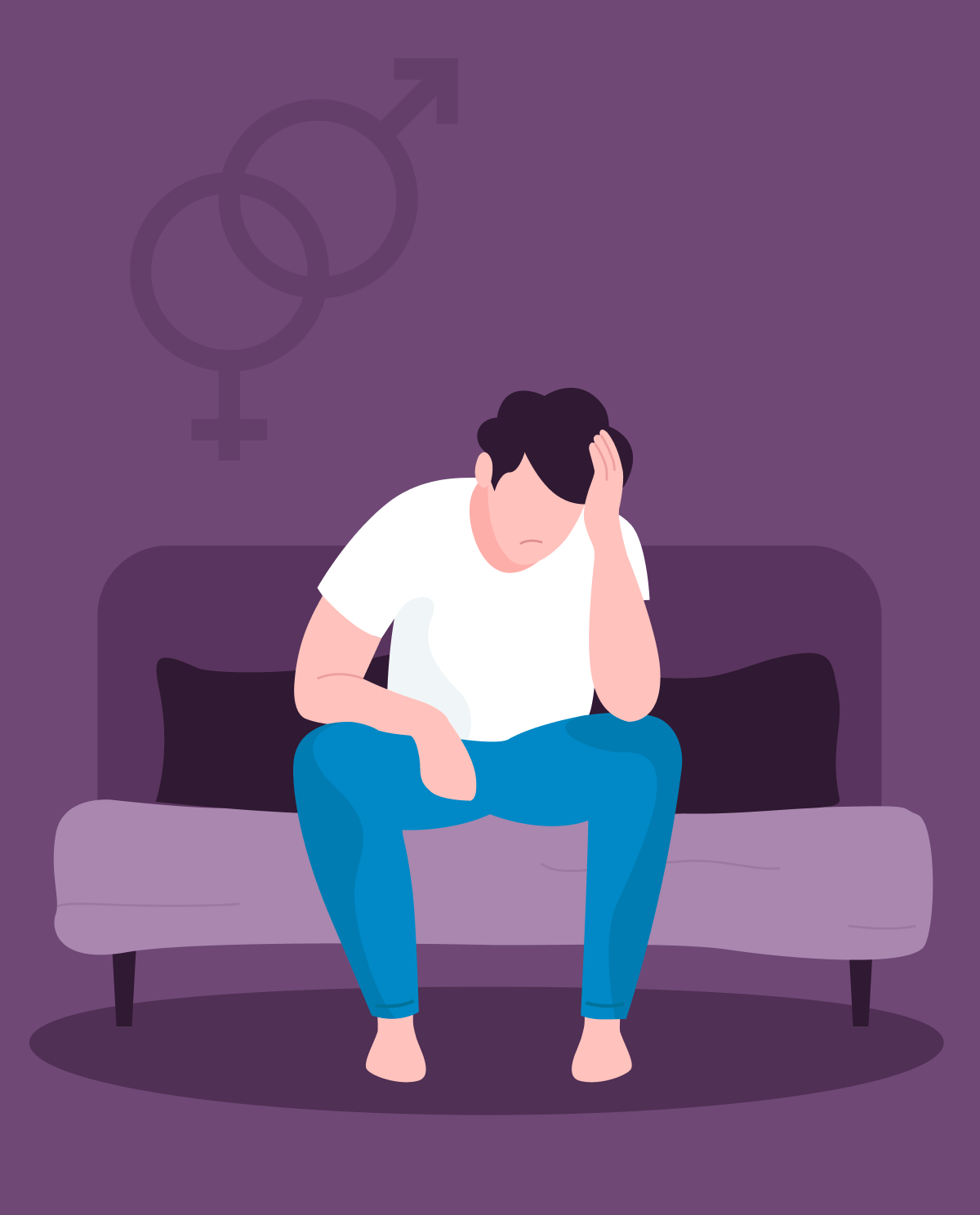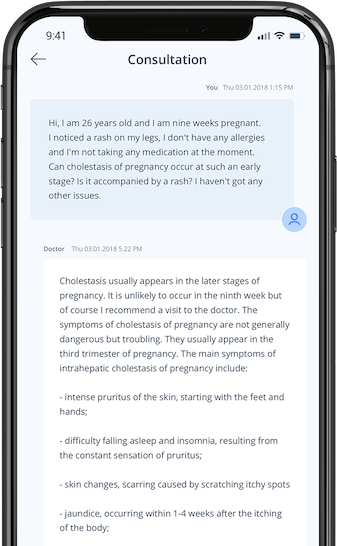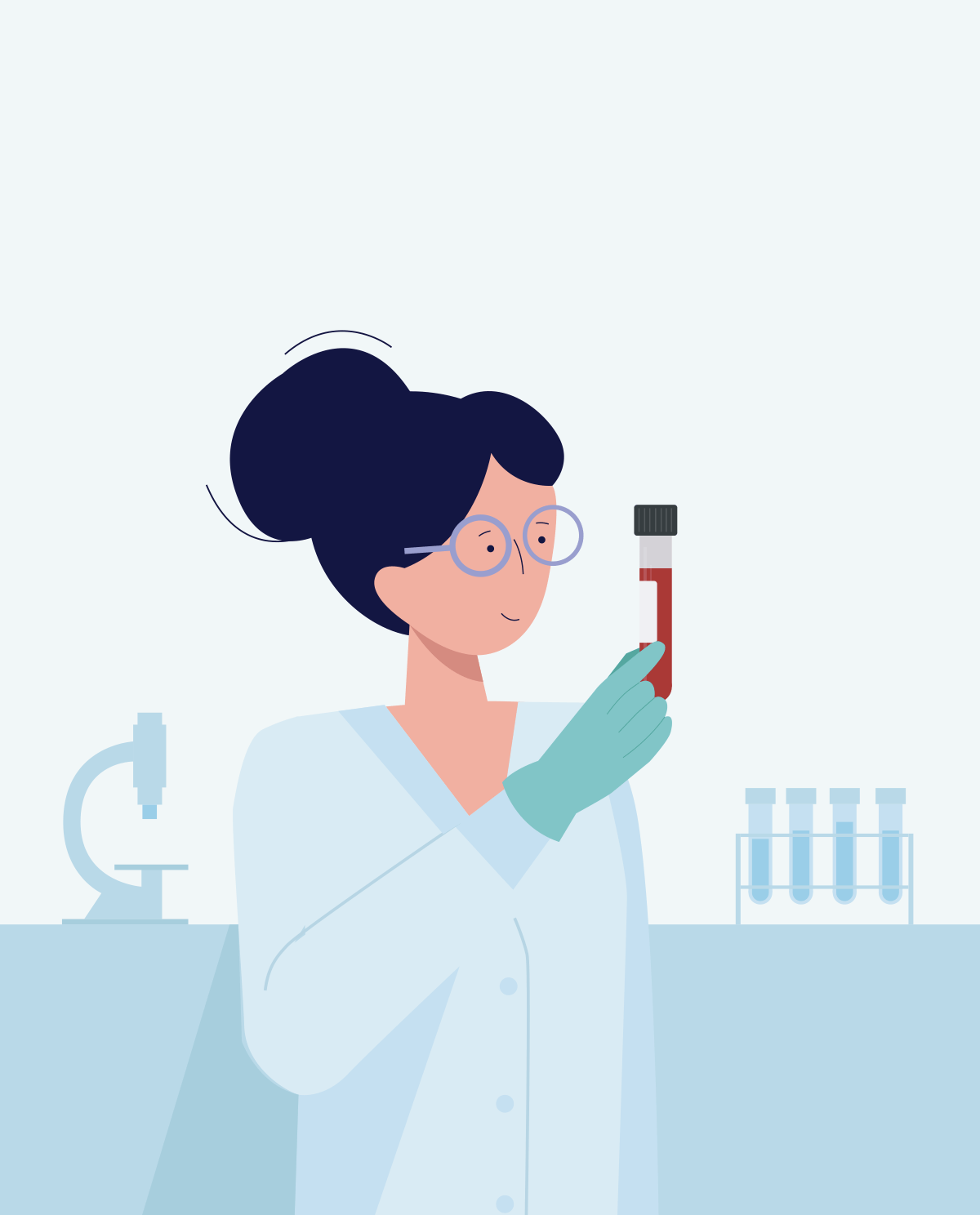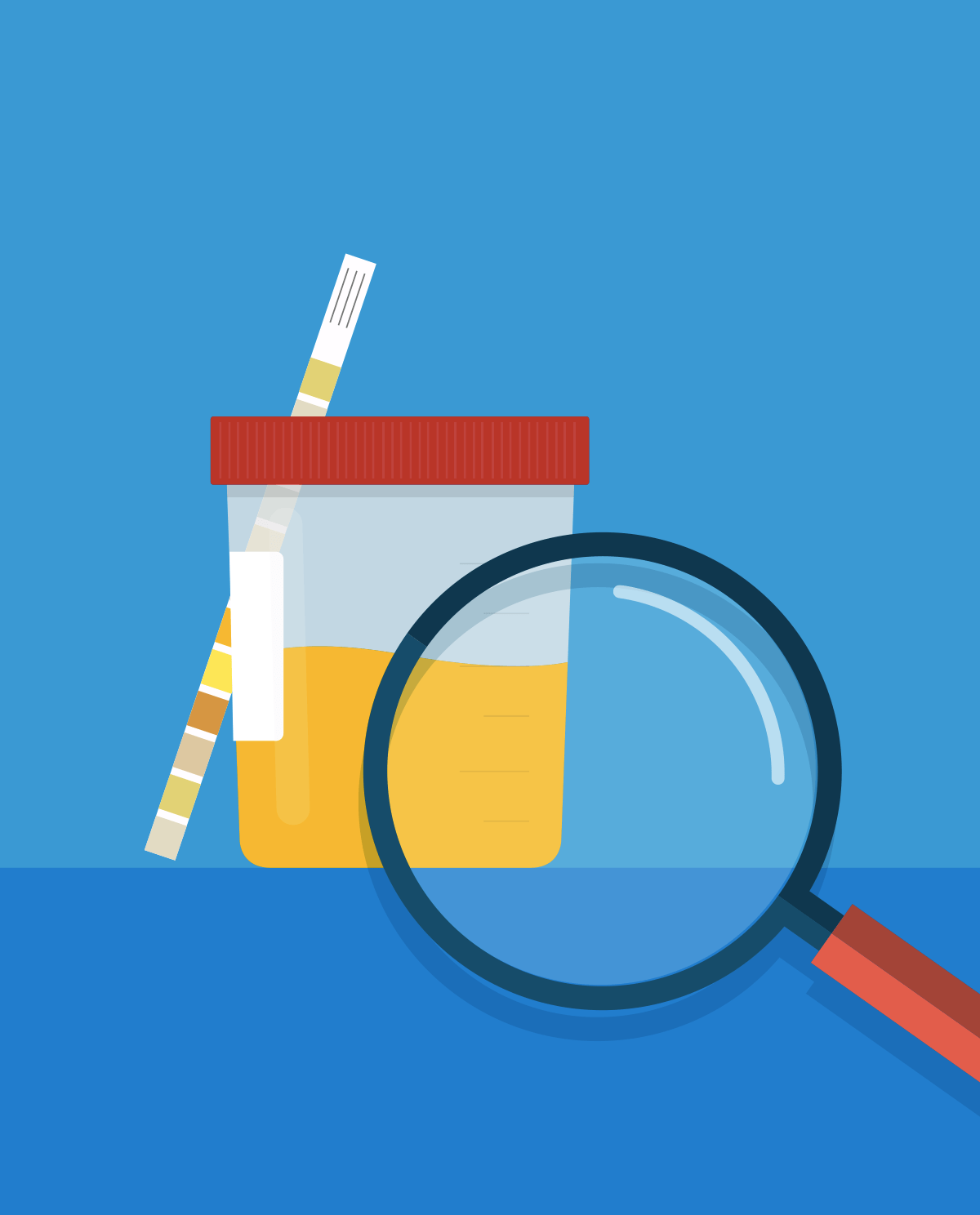Causes associated with the development of erectile dysfunction
Psychological factors resulting in impotence
- Stress,
- Poor communication with your partner,
- Anxiety,
- Depression and other mental conditions.
Physical factors resulting in impotence
- Hypercholesterolemia and atherosclerosis,
- Increased blood pressure and heart disease,
- Diabetes mellitus,
- Obesity,
- Sleep disorders,
- Low testosterone,
- Other (multiple sclerosis, Peyronie’s disease, Parkinson's prostate cancer treatment, various surgeries resulting in nerve /spinal injuries, etc.).
Risk factors associated with the development of erectile dysfunction
- Smoking,
- Alcohol and/or drug abuse,
- Certain medications for the treatment of a variety of illnesses (diabetes, heart issues, depression, and so on.),
- Mental health,
- Unhealthy dieting.
Symptoms and complications associated with erectile dysfunction
- Inability to achieve/maintain an erection,
- Relationship problems,
- Low self-esteem ,
- Unsatisfactory sex life,
- Reduced interest in sex,
- Anxiety,
- Depression ,
- Infertility,
- Premature ejaculation.
Diagnosis and treatment options for erectile dysfunction
Diagnostic methods
- Complete physical examination by your primary healthcare provider,
- Urine and blood analysis,
- Psychological examination to screen for depression or other psychological causes,
- Ultrasonography.
Treatment options
- Oral medications such as Avanafil, Sildenafil, Tadalafil are being used with great success as they work by relaxing the smooth muscle of the penis and increasing blood flow to achieve an erection.
- Testosterone replacement therapy (TRT) in men with low endogenous testosterone.
- Alprostadil (self-injected medication on the side of the penis or the urethral suppository form) results in a fairly quick erection.
- Surgery (penile implant, penis pumps).
- Dietary changes and exercise.
- Psychological counseling.
- Smoking / drinking cessation.
Prevention
If you suffer from the above signs and symptoms, make an appointment with your primary healthcare provider. Additionally:
- Make regular checkups with your GP,
- Try to find ways to decrease stress in your life, whether it’s by communicating with your partner or doing more exercise,
- If you suffer from depression, or anxiety or you have mental health concerns seek psychological help
- Sleep more,
- Quit drinking and smoking,
- If you suffer from chronic illnesses such as diabetes or any cardiac issue consult your GP.








